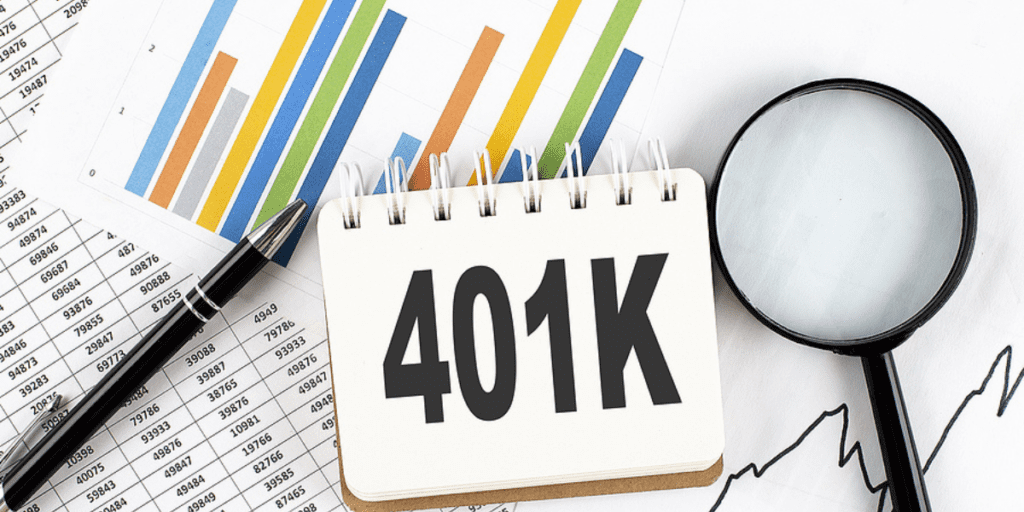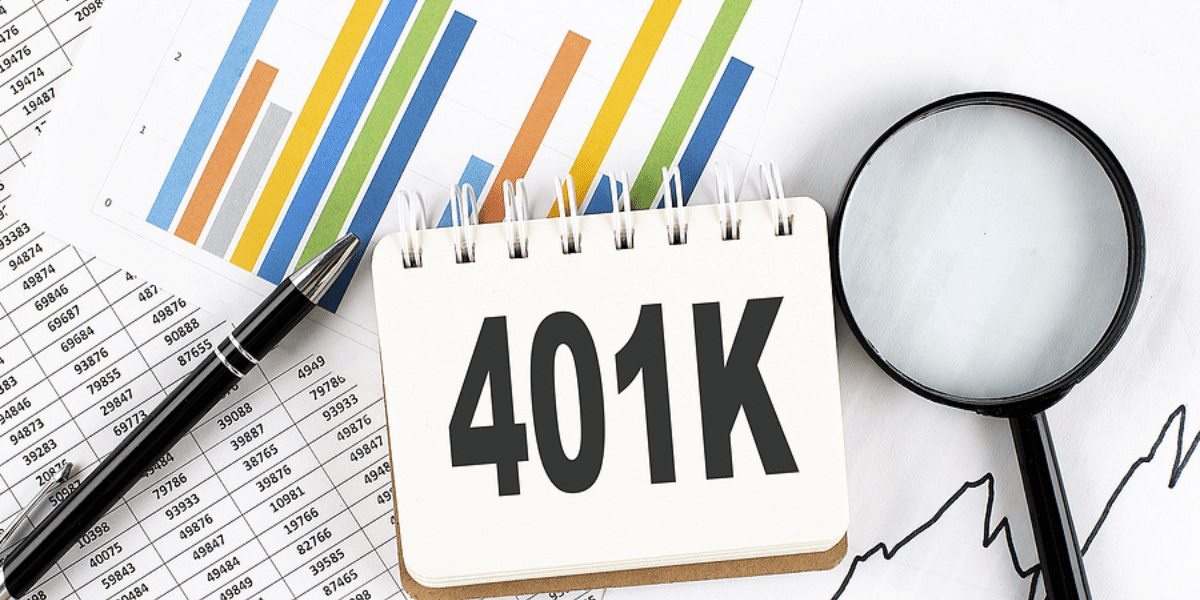
As a plan sponsor, even if you outsource the administration of your organization’s 401(k) plan to a third-party administrator (TPA), you still hold fiduciary responsibilities that require your attention and care. As a fiduciary of the plan, you are considered personally liable for the plan. While outsourcing tasks to a TPA may allow you more time to manage your regular day-to-day duties as the business owner, CFO or other high-level role, you are still responsible for ensuring compliance and making decisions that serve the best interests of plan participants.
What are the Fiduciary Responsibilities of a Plan Sponsor and other 401(k) Committee Members?
401(k) plans are legally required to have at least one fiduciary. Although not required by the Department of Labor, a good fiduciary practice for employers and plan sponsors is to have a 401(k) oversight committee to provide checks and balances. This group has oversight of the plan and automatically has a fiduciary responsibility to the plan. Plan sponsors would be a part of the committee, along with other individuals who are invested in the strength of the policies and procedures surrounding the plan and have some knowledge regarding 401(k) plans, such as a COO and HR representative. Like plan sponsors, individuals who have been appointed to the committee must act in the best interest of plan participants and hold fiduciary liability for any decisions or actions taken while performing within their assigned role. If a participant in the plan experiences a loss as a result of these decisions, committee members will be held liable.
Does a Third-Party Plan Administrator Hold Fiduciary Responsibility?
In contrast, a third-party administrator outsourced to manage a 401(k) plan, such as Fidelity or John Hancock, does not bear any fiduciary responsibility. If a mistake is made by the third-party administrator and a participant in the plan experiences losses as a result, the liability for that mistake will fall to the plan sponsor, administrator or trustee instead.
Maintaining Fiduciary Responsibility and Compliance
Plan sponsors still maintain a fiduciary duty to plan participants despite outsourcing day-to-day management to a third-party service provider. While the service provider can and should regularly provide updates on the status of the plan and the accuracy of participant transactions, it’s unwise to rely solely on those status reports. Instead, plan sponsors must regularly monitor the plan to ensure it remains in compliance with applicable laws and federal regulations. Safeguarding plan participants’ interests is the number one priority of a plan sponsor. If anything should go awry and participants suffer as a result, the liability for any damages will fall to the plan sponsor.
With the passing of SECURE Act 2.0, regulations regarding 401(k) and other retirement plans have been altered. In past blog posts, we’ve covered the many changes coming in 2024 and beyond, as well as changes that have already gone into effect in 2023. Through regular monitoring of the plan, sponsors can verify that it remains in compliance with altered, updated and new regulations. Monitoring the plan closely can also reveal areas of the plan that are not in compliance, allowing the sponsor to make the necessary changes to realign it.
Securing Plan Participants’ Best Interests
Plan administrators should periodically review the investment options offered by the plan and ensure they are offering an investment lineup that meets the needs of participant retirement savings goals.
If the plan’s provided investment options fall short, it’s up to you as the plan sponsor to re-evaluate the offerings and adjust as needed. By assessing investment returns, comparing them to the appropriate or relevant benchmarks and reconsidering the investment lineup, sponsors can help secure the best return on investment for participants.
Similarly, sponsors should also maintain vigilance over the plan’s costs and fees, including those charged by the plan’s TPA, investment providers, insurance and other service providers. Excessive or exorbitant fees can erode participants’ savings over time if left unchecked and, again, it’s your fiduciary duty as the plan sponsor to protect participants’ best interests.
Overseeing Plan Governance and Documentation
It’s essential for plan sponsors to establish a governance framework for the plan that details roles, responsibilities and decision-making processes. This may include selecting individuals or committees to be responsible for plan oversight and ensuring their actions align with the plan’s goals. Even after these decisions are made, you should still review and reassess them to make sure the existing governing structure is effective. If not, action must be taken to improve governance, whether that’s replacing administrators with more qualified candidates or making changes to how decisions are made.
To demonstrate compliance with relevant regulations and maintain transparency regarding plan operations, keeping proper documentation is crucial. Sponsors should retain records of relevant information, including, but not limited to, the following:
- Plan documents
- Amendments to the plan
- Records of communication with participants
- Reviews of investments
- Fee disclosures
Plan documents should also be regularly reviewed and updated to reflect changes in laws, regulations or plan designs. Any legislative changes, alterations to plan features or modifications to investment options offered to participants should be incorporated in plan document updates. Ultimately, it’s prudent for plan sponsors to keep immaculate records of any decisions or actions relating to the plan to provide evidence of your efforts to remain in compliance with the law and adhere to your fiduciary duties.
For more information on how our 401(k) audit team can help, request a free consultation below to discuss your unique 401(k) audit needs.




